Save or Splurge? Neutrogena Age Shield vs. CVS Health Age Defense Sunscreen
Which option has stronger anti-aging claims in this head-to-head comparison?
I find drug store versions of name brand skincare products to be pretty fascinating. Recently I saw some pretty bold anti-aging claims on two SPF 70 sunscreen options at CVS. One was from the name brand (Neutrogena), while the other was CVS’s generic version, under a very similar name (Age Defense rather than Neutrogena’s Age Shield). A shield is a type of defense, so I think this is pretty much a case where the marketing team looked up “shield” in the thesaurus when it was trying to brainstorm an appropriate name.
These two sunscreens both use a wide mix of chemical sunscreen filters to achieve their mission of blocking both UVB (sunburn-causing) and UVA (aging-causing) rays. They also both contain a potentially irritating preservative: methylisothiazolinone. In this case, this means that the formula that contains more soothing ingredients may be preferable. Chemical sunscreen filters are generally more irritating to skin than physical sunscreen filters like zinc oxide and titanium dioxide. So although the ingredient lists are very similar across these two products (CVS’s version even states “compare to Neutrogena Age Shield Face Lotion”), the one that contains more beneficial, soothing ingredients is probably going to be the one that wins. Because no matter how much a product protects you from aging UVA light, you’re certainly not going to wear it if it irritates your skin.
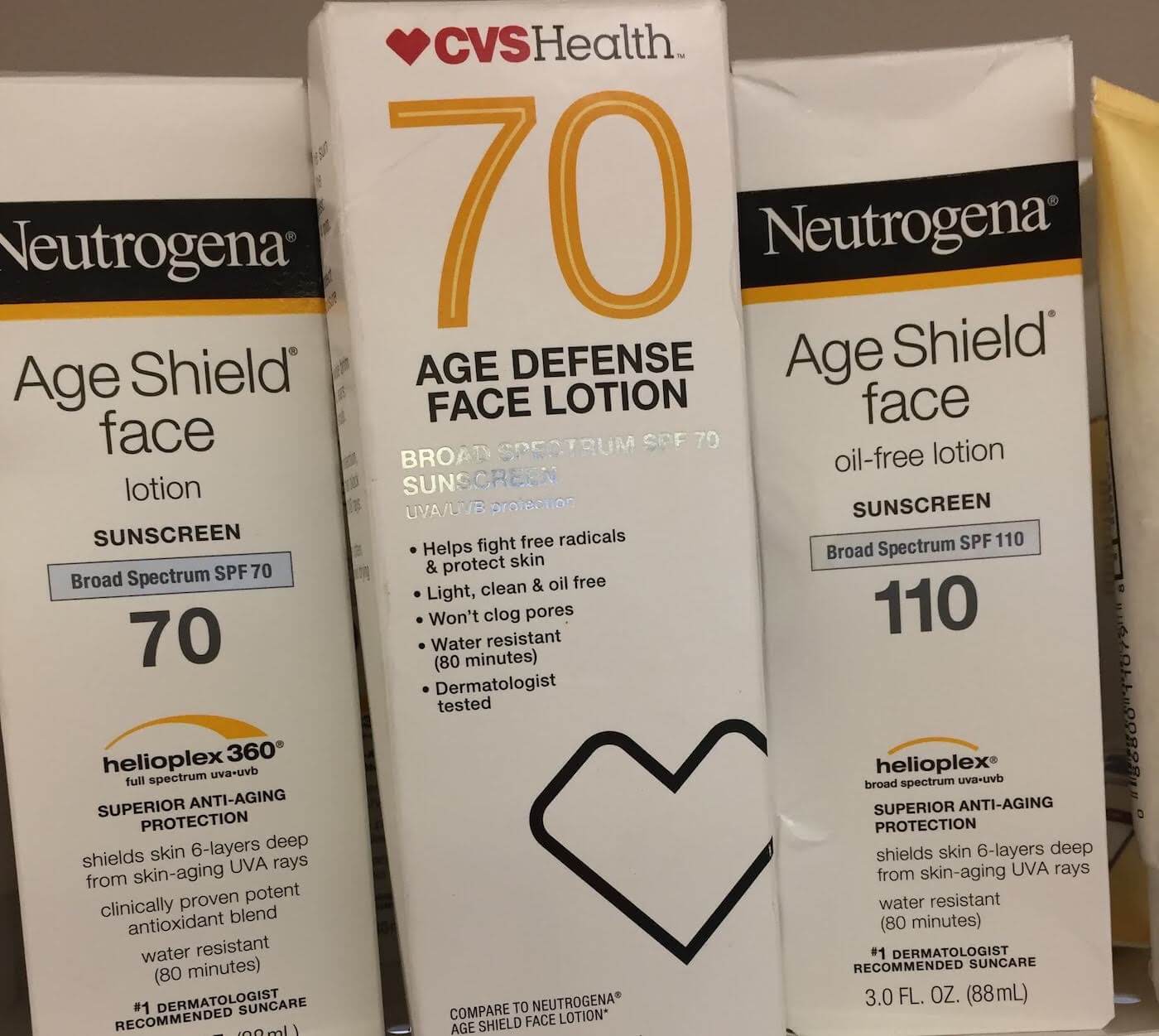
CVS Health Age Defense Sunscreen SPF 70 ingredients
Neutrogena Age Shield Antioxidant Sunscreen SPF 70 ingredients
Both of these products offer SPF 70 protection with a mixture of five chemical sunscreen filters: avobenzone, homosalate, octisalate, octocrylene, and oxybenzone, albeit at different percentages. They have the same percentage of avobenzone and oxybenzone, but CVS’s version has more octocrylene (7% vs. 2.8%), while Neutrogena’s has more octisalate (5% vs. 3%) and more homosalate (15% vs. 10%).
Avobenzone provides UVA1 protection, homosalate, octisalate, and octocrylene provide UVB protection, and oxybenzone provides both UVB and UVA2 protection. This means that both sunscreens include active filters that cover the whole UVA/UVB spectrum, which is great news.
CVS includes a couple of interesting ingredients that aren’t in Neutrogena’s version: ascorbic acid (vitamin C), camellia sinensis (green tea) leaf extract, retinyl palmitate (vitamin A), and bisabolol. CVS’s version is also fragrance-free, while Neutrogena Age Shield Sunscreen includes fragrance. Neutrogena Age Shield includes some beneficial ingredients that aren’t in CVS’s Age Defense: feverfew juice (which may help protect skin against UV damage, according to this study), soybean seed extract, and polyaminopropyl biguanide, which offers antibacterial benefits and is therefore used in wound care.
Both of these sunscreens include a potentially irritating ingredient as a preservative, methylisothiazolinone, which is usually only used in rinse-off products because it has the tendency to irritate sensitive skin.
My Dad the Chemist’s review of Neutrogena Age Shield vs. CVS Health Age Defense Sunscreen SPF 70
When I sent my dad the two ingredient lists, I sent CVS’s ingredients as “Product 1”, and Neutrogena Age Shield Sunscreen as “Product 2.” I told him that one of them was the name brand while the other was generic. Upon looking at both ingredient lists, my dad preferred CVS’s version (product 1), since it contained some ingredients that would be helpful for soothing irritation: camellia sinensis (green tea) leaf extract, retinyl palmitate, and bisabolol.
Camellia sinensis is also known as green tea, and is an antioxidant that helps with anti-aging and wound healing, according to this study.
Retinyl palmitate is also known as vitamin A, and has been shown to provide anti-aging benefits.
Bisabolol is an ingredient that has been shown to help heal skin inflammation. It is also in other products like Neutrogena Men’s Triple Protect Face Sunscreen , CeraVe Sunscreen Face Lotion SPF 50, and Neutrogena Ultra Sheer Dry Touch Sunscreen.
You can read CVS’s anti-aging claims on the back of the box here. It says that it contains antioxidants that help prevent UVA rays from damaging the skin.
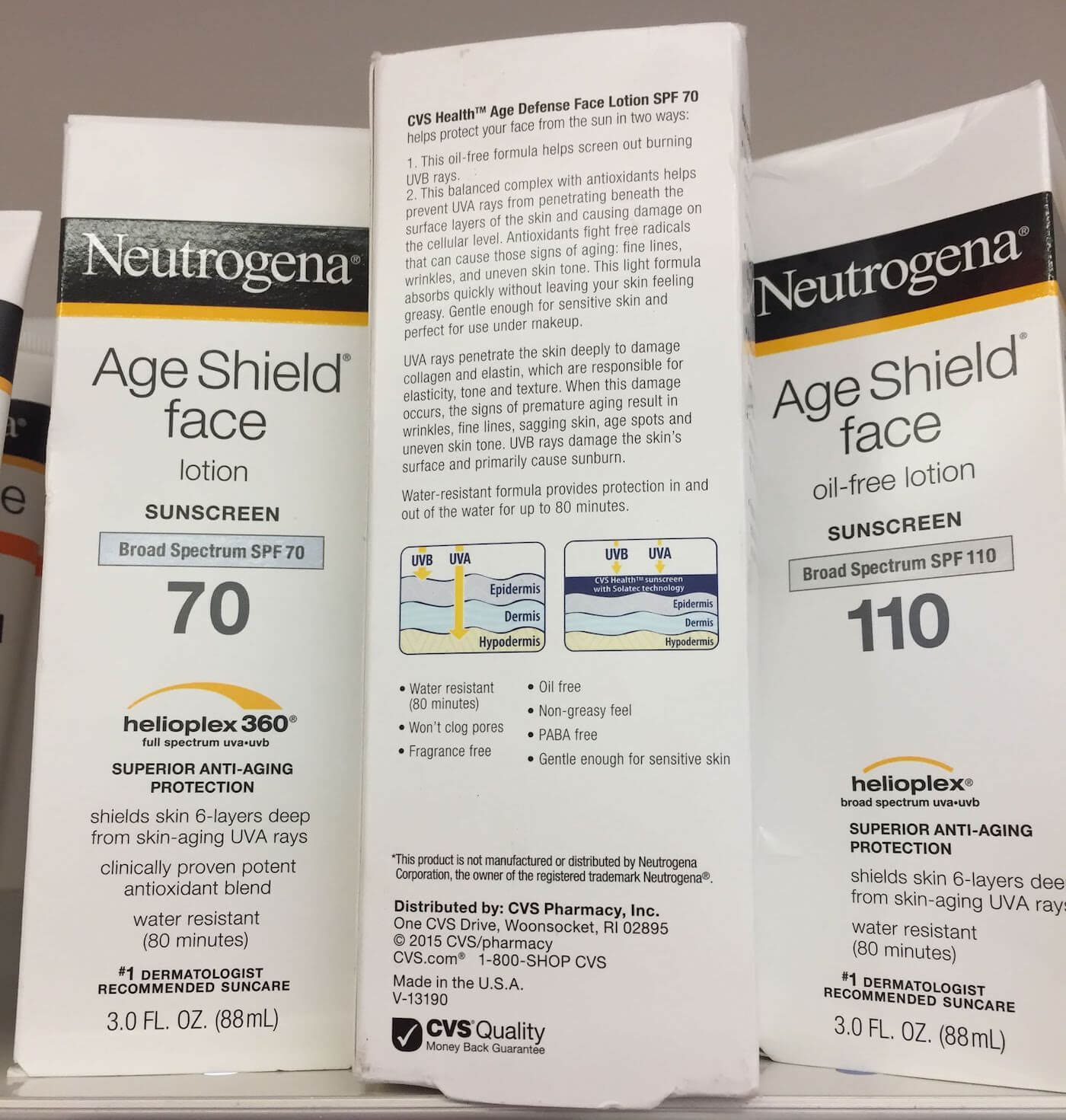
All in all, I think that CVS’s Age Defense Sunscreen is a solid contender for competing against the name-brand Neutrogena Age Shield Sunscreen. As my dad mentioned, larger companies may be more likely to adhere to more stringent testing and quality control standards, so that is one reason you might still want to opt for Neutrogena over CVS’s generic version. However, I think CVS’s version may be worth a try just because it includes so many nice beneficial antioxidants and soothing ingredients—and best of all, it’s fragrance-free.
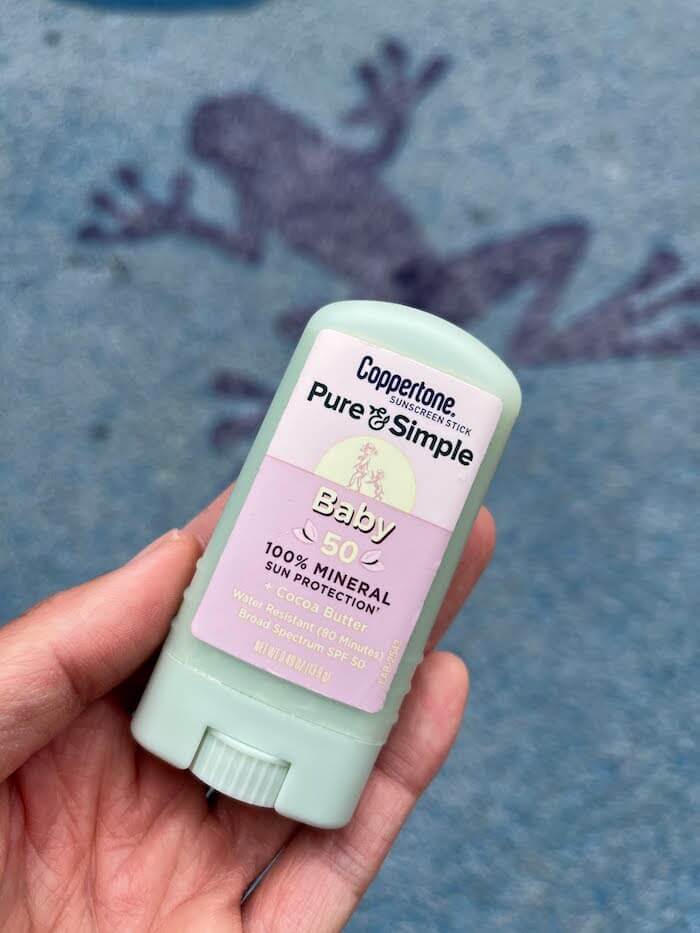
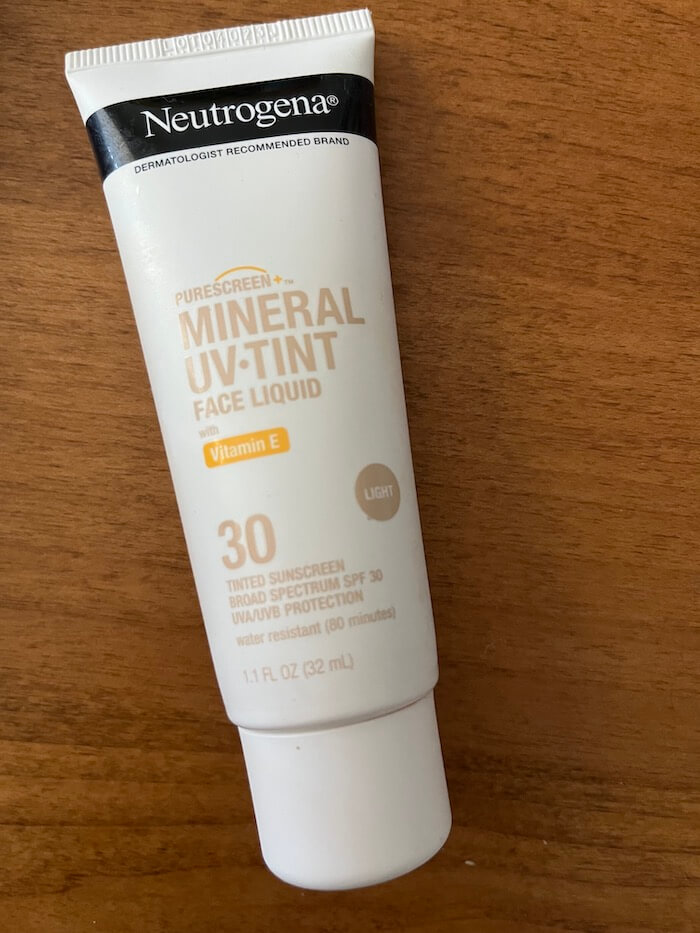
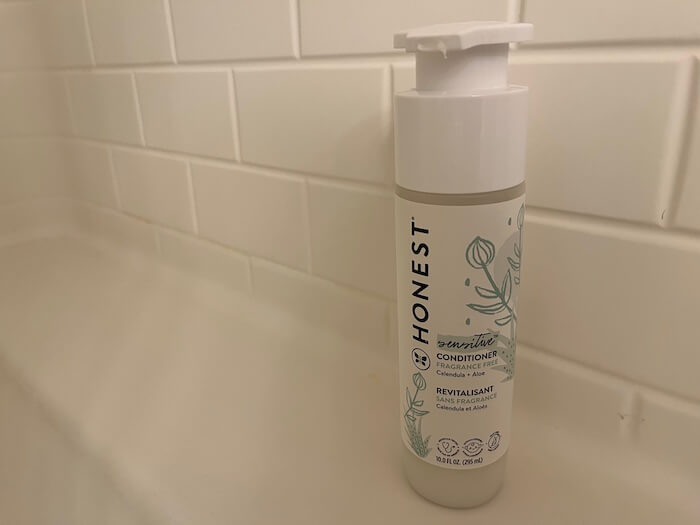




Share this post
RSS
Facebook
Reddit
Email